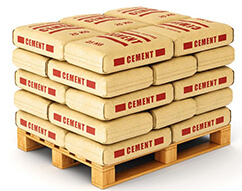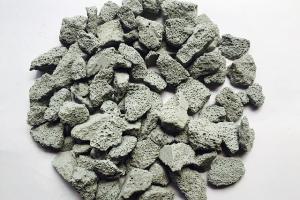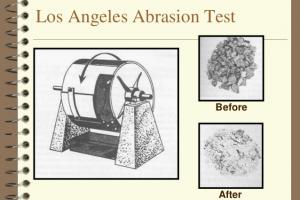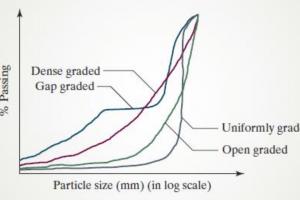Storage of Cements at Site - Do's and Don'ts

Cement refers to material that acts as a binding substance. In construction and civil engineering cement is used to bind structural members for the construction of buildings, pavements, bridges, tunnels, roads, highways, etc.
How Should Cement Be Stored?
Choose a Suitable Storage Location:
Select a dry, well-ventilated area for cement storage. Avoid areas prone to moisture, such as basements or areas exposed to direct sunlight or extreme temperature fluctuations.
Use Pallets or Elevated Platforms:
Store cement on pallets or elevated platforms to prevent direct contact with the ground. This helps to avoid moisture absorption and minimizes the risk of contamination.
Protect from Moisture:
Moisture is the primary enemy when storing cement. Ensure the storage area is protected from rain, leaks, and high humidity levels. If necessary, use waterproof covers or tarps to shield the cement from moisture.
Maintain Proper Packaging:
Cement is typically packaged in durable bags that provide protection from moisture and physical damage. Ensure that bags are intact and not torn or punctured during storage. Damaged bags should be immediately repackaged or sealed to prevent moisture ingress.
FIFO (First-In, First-Out) principle:
Adhere to the FIFO principle when using cement in construction projects. Use older stock first to ensure freshness and prevent long-term storage.
Minimize Air Exposure:
Keep the cement bags sealed until they are ready to be used. Exposure to air can lead to moisture absorption and affect the quality of the cement. Once a bag is opened, seal it tightly with tape or transfer the remaining cement into airtight containers to limit air exposure.
Avoid storing for extended periods:
Cement is best used within a reasonable time frame to maintain its quality. Avoid storing large quantities for an extended period, as this increases the risk of moisture absorption and clumping.
Regular Inspections:
Periodically inspect the storage area and cement bags for signs of moisture, damage, or pests. Promptly address any issues to prevent further deterioration.












